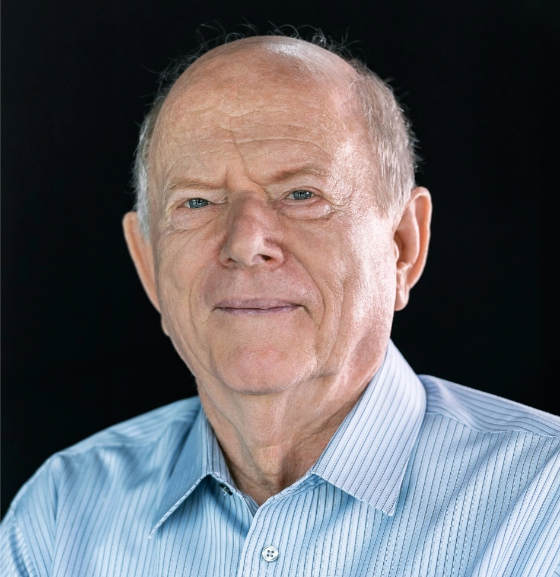Oskar Hans Wolfgang Coester was born in the city of Pelotas, on September 26, 1938. His parents, German immigrants, had settled in Brazil for a few years and were adapting to life in the interior of Rio Grande do Sul. His interest in transportation and technology began as a child, when he would run away from the classroom to watch the trains at the Pelotas station and disassemble and reassemble clocks to understand how they worked.
At the age of fourteen, driven by his interest in mechanics and machine operation, Oskar Coester passed the entrance exam at the Technical School of Pelotas, in 1952. The School, founded in the 1940s by then President Getúlio Vargas, was part of the plan to government incentive to national industry and technology. Throughout his education, Oskar Coester spent long hours in the school’s workshops, often late into the night, absorbed in working with engines and in different scientific experiments. This fixation on mechanics earned him the nickname “The Scientist” amongst teachers and colleagues and resulted in the creation of a lathe and a two-cylinder internal combustion engine. In addition, Oskar Coester developed an interest in aviation and, in one of the warehouses at the Technical School of Pelotas, he designed and built a prototype pulsejet. The activation of the prototype, at two o’clock in the morning, generated a deafening noise in the neighborhood, who woke up in alarm to find out that it was an experiment by one of the students.
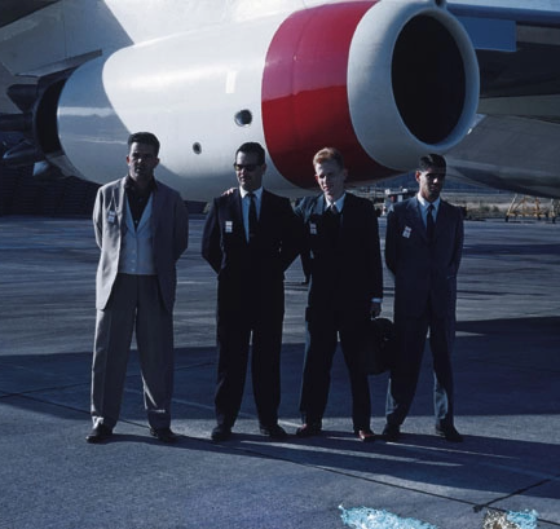
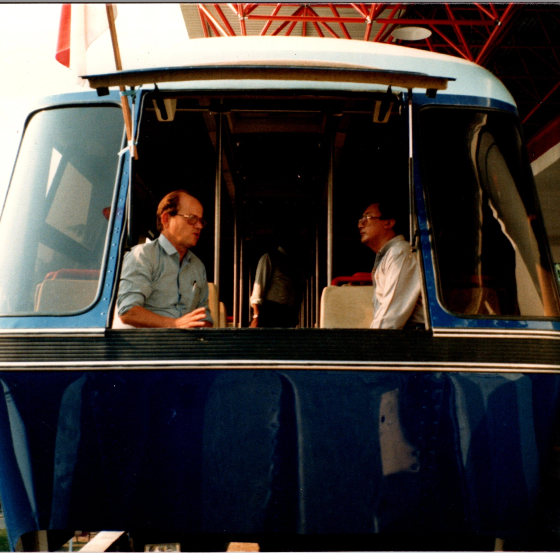
During his training, Oskar Coester studied modeling, foundry, mechanics and electricity. Graduated and seventeen years old, he decides to leave Pelotas and go to Porto Alegre, with the intention of joining VARIG – Viação Aérea Riograndense, through EVAER (Escola da Varig), and begins his career as an airplane mechanics and electronics technician.
In the late 1950s, the world’s aviation industry was transitioning from propeller to jet technology. VARIG stood out globally as one of the protagonists in this process, with the incorporation of two BOEING 707s to its fleet. The internal flight instrumentation also underwent major changes and, to face this new moment, the company hired people from the technical sector to carry out maintenance and receive training for these new aircraft.
As soon as he joined VARIG, Oskar Coester was assigned to the technical team and, aged 18, went to Renton, in the USA, to receive training at the BOEING headquarters. The experience gained over the thirteen years in which he worked as manager of the technical maintenance area of aircraft at VARIG, at the time one of the largest and best known private airlines in the world, was of great importance in his career.
In 1960, Oskar Coester founded ICR (Industrial e Comercial Rio-grandense), where he worked in his spare time and on weekends, developing various electronic projects. In 1970, after the death of Rubem Berta – the company’s president and with whom Oskar Coester had a mentoring relationship –, he decides to leave VARIG and dedicates himself exclusively to his company and its projects.
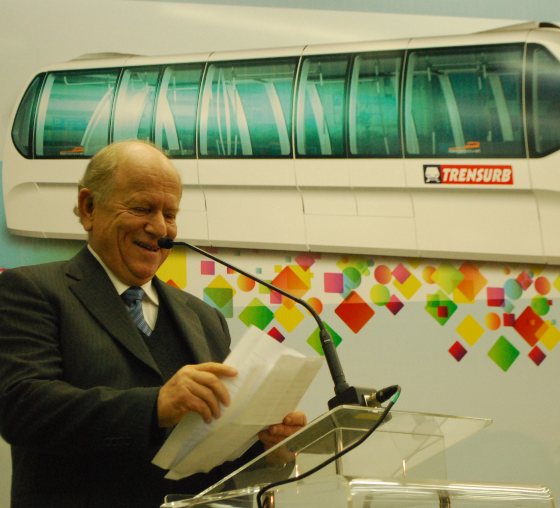
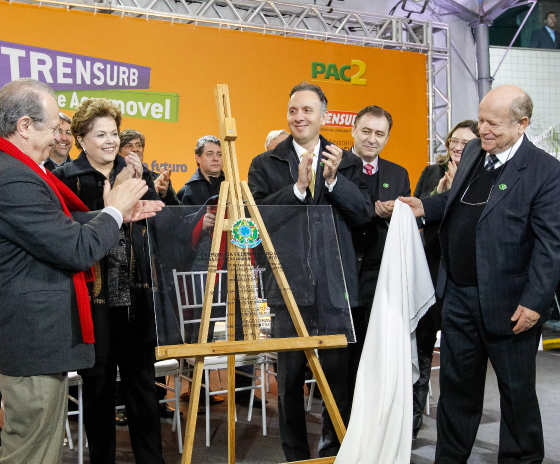
The development of the Aeromovel Project, which brought him international notoriety, had its genesis at the end of the 1960s, when he moved from the Leme neighborhood, where he lived in Rio de Janeiro, to Galeão International Airport. He realized that he spent more time traveling 20 km on land than the 1,124 km that separate Rio de Janeiro from Porto Alegre by air. He would conceive of an innovative means of transport on elevated roads, immune to traffic jams, fully automatic, with light vehicles propelled by the force of the air. Starting from a simple prototype for one occupant, made in the warehouses of its factory, it would pass in just three years to a demonstration line at the Hanover Fair, in Germany, one of the great highlights of that event.
Three more years later, in 1983, it inaugurated the well-known Pilot Line in the center of the capital of Rio Grande do Sul, along the shores of the Guaíba River, attracting the attention of specialists from all over the world. In a once-in-a-lifetime experience, he participated in the ceremony, on April 20, 1989, alongside his wife, Elida Coester, and the president of Indonesia, Soeharto, for the dedication of the Sistema Aeromovel line in Jakarta, known there as Titihan Samirono, the boy of the wind. His project was consolidated in 2013 with the start of operations of his invention at Salgado Filho International Airport, which has already transported more than seven million passengers. Today, there are dozens of projects in more than 16 countries, including a line in Colombia and another connecting to Guarulhos International Airport.
This is part of the life trajectory of the charismatic and tireless entrepreneur Oskar Coester, who always professed his pride in being Brazilian and his belief in our country, which remains with us today.
